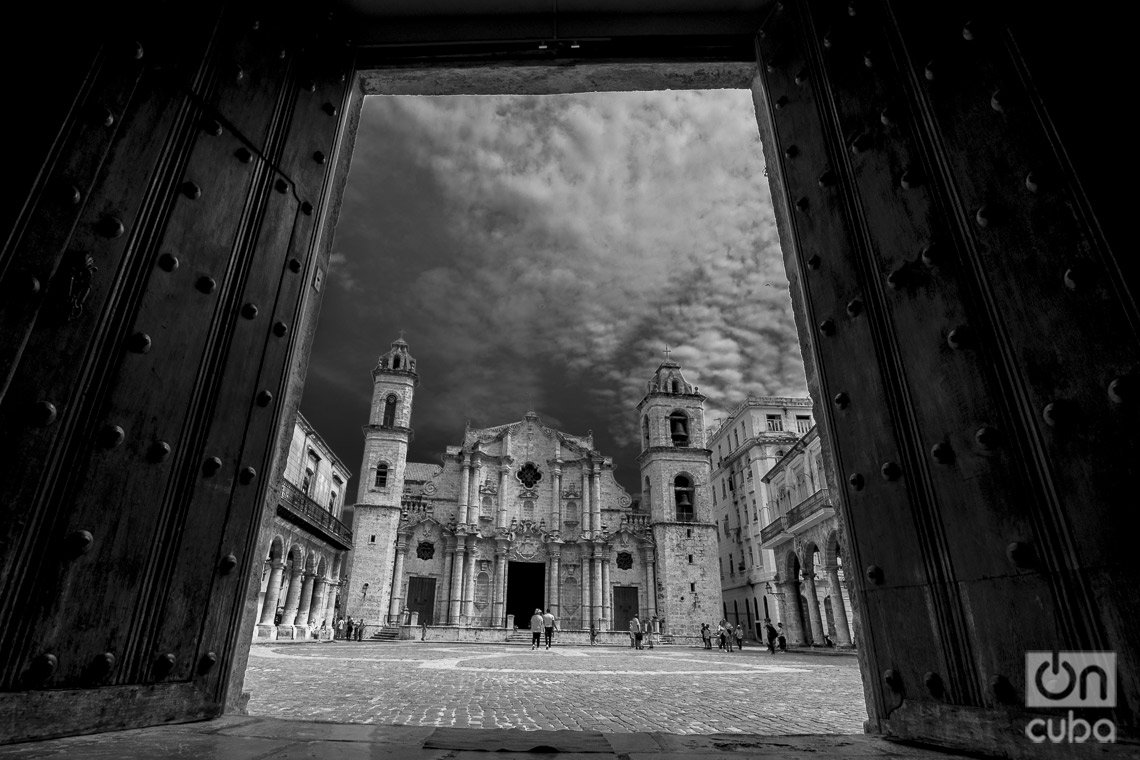L
commercial treaties are, to date, not so equitable. The advantages, in general, favor large capitals. Inequality is exploited and promoted, above all, by countries with great financial capacity which, consequently, submit to those with less capital backing.
The economic program proposed by the current government is giving results in general and is attracting the attention of other countries with severe threats of food, energy and health crises due to the increase in economic conflicts, especially due to the war between Russia and Ukraine, encouraged by the United States and the European Union.
A new world economic order is urgently needed, as experts in anti-neoliberal economics have proposed. This must seek equal opportunities in terms of supply and demand, in addition to eliminating repressive conditions and financial traps that translate into endless loan payments.
In this new form, commercial freedom would be accepted with whoever suits each person, including the purposes of addressing the closest vital risks, for example: global warming and lack of food production, among other undesirable global calamities. But this effort must be global. Granting freedom of trade, under any regime that is not warlike or fundamentalist, is the solution to meet together, create a global public policy and clean up international trade relations. The advantages would be innumerable and far-reaching humanitarian.
Far from incongruous positions, one of those plans irrationally rejected by the opposition is the stimulation of the hydrocarbon industry and the organized and thoroughly analyzed energy transition, which generate collective confidence.
Said environmental sanitation will have results in the short, medium and long terms, which will transcend in the field of food and medical care not only for Mexico, but also internationally, as organizations such as the UN, UNESCO, including the World Bank have envisioned. and the alliance formed by various organizations convened by the United Nations in 2015, aimed at preventing famines.
Therefore, investing in the energy industry is a condition for achieving the next goal: the energy transition. It is a global obligation to design and promote the necessary stages so that there is coordination of action between nations and avoid conflicts due to abuse by companies that want to take advantage of the ups and downs in the price of oil. Analyzing the proposed stages is the next step and, once scheduled, begin their collective execution, in addition to declaring them inviolable.
With this change, the optimal use of all possible clean energies is sought, in addition to gradually ceasing to depend on fossil energy.
But we also need the conscious and firm decision, although difficult, of the most industrialized nations not to alter or skip the transition stages. We cannot continue observing and allowing powerful countries due to their industrialism to continue endangering the environmental balance. We need your humanitarian decisions.
One of these difficult steps for those nations that have based their economy on the large consumption of oil is to give up the war industry as the basis of their foreign policy and economic strategy. Continuing to insist on imposing their models of consumerist life of war material and lethal weapons accessible to anyone of legal age is too costly for humanity.
As has been repeatedly mentioned in this opinion space, police surveillance by the United States discredits the usefulness of participating in a trade agreement such as the T-MEC. The illegal surveillance that the United States Navy recently carried out on the tanker that transported gasoline from the Mexican refinery Pemex-Deer Park to Mexico is an offense that must be overcome with the section on Settlement of investor-State disputes
one of the points of the T-MEC referring to the protection of its members.
However, the lack of equality of decisions in the previous point, previously known as Chapter 19 of the Free Trade Agreement, is an invisible fence to the freedom of production and leaves the door open to the abuse of millionaire companies or powerful investors who seek intervene and modify or invalidate the laws that do not suit them, with the possibility of ignoring the remarks of irresponsibility to which they are creditors.
This is the distrust generated by trade agreements such as the T-MEC, which, by the way, was a political bet proposed by former President Donald Trump and which, moreover, he won effortlessly.
Twitter: @AntonioGershenson








